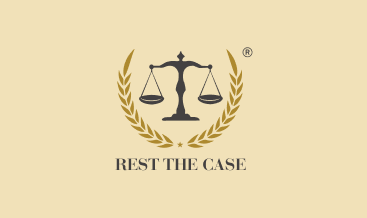Know The Law
EXPRESS TERM

People have evolved from the barter system to a contractual system. Contracts have always been an essential part of our lives. Intentionally or unintentionally we all have entered into hundreds of Contracts in our day-to-day life. From buying groceries, clothes, booking a cab, etc., we’ve been entering into contracts. A contract is nothing but an agreement which is enforceable by law. In order to form a contract three most essential conditions are 1) Offer, 2) acceptance and 3) considerations but most importantly what actually goes into a contract? The body, structure and backbone of a contract are made through the terms of a particular contract.
There are two types of terms - express and implied. Express terms are the terms that directly acknowledge the rights and obligations of the parties, it reflects the interest and intention of the parties in order for it to be binding. In simple language, it authorizes an obligation between the contracted parties, it includes valuable consideration and unconditional offer acceptance as per the contract. But it does not mean, unreasonable and unrealistic terms can be added to a contract. In an Indian Financial case, 2006 it was said, if the consideration mentioned in the term is unlawful, the agreement/contract is in itself void and is against public policy. Therefore, every term should be clear and understandable by both the parties whether it is written or oral or both.
One of the most important terms of a contract is a remedy in case of breach of contract, it is a tool to protect the weaker party in a contract. Both parties are obligated to abide by the contract once they have accepted and signed. The aggrieved party can seek a remedy in case the other party does not fulfil their part of obligations and duties as per the terms of the contract.
The aggrieved party can seek remedy under the Indian Contract Act, 1872 along with Specific relief Act, 1963, Remedies are as follow:
- Damages
- Specific Performance,
- Injunction,
- Quantum Meruit
Express terms are an important element in our day-to-day life transaction. It is legal documentation which gives security and relief to both the parties. Expressed terms are more valuable to parties as it is explicitly mentioned and written and therefore more legally binding. When it comes to litigation, implied and expressed terms both are legally binding but enforcement of an express contract or express terms is easier as it is readable and reproducible.





